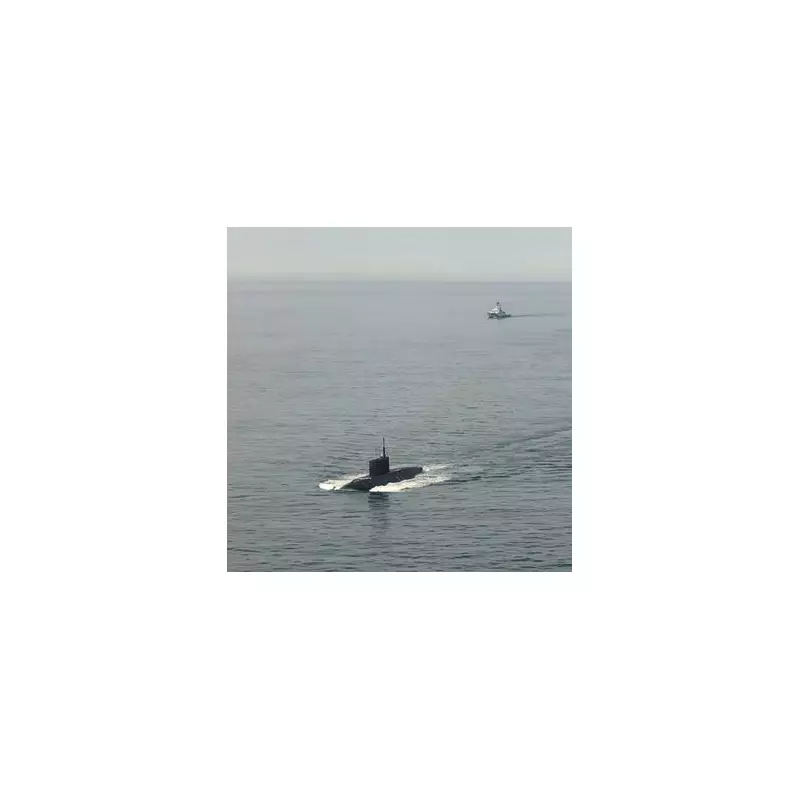
NATO has launched an unprecedented surveillance operation after intelligence revealed Russia is deploying a new generation of stealth submarines dangerously close to British waters. The advanced vessels, described as 'sub-classed' and capable of operating undetected for months, represent what defence experts are calling the most significant underwater threat since the Cold War.
The Silent Threat Beneath the Waves
According to senior naval sources, these sophisticated Russian submarines possess capabilities specifically designed to target critical undersea infrastructure. Their primary mission appears to be locating and potentially severing the vital fibre-optic cables that carry approximately 97% of the world's internet and financial data.
This isn't just military posturing - it's a direct threat to the backbone of global communications, warned a senior NATO official speaking on condition of anonymity.
NATO's Response: Operation Guardian Watch
In response to this emerging threat, NATO has initiated one of its largest naval intelligence-gathering operations in decades. The alliance is deploying:
- Advanced underwater drones capable of detecting acoustic signatures
- Specialist surveillance ships equipped with sonar arrays
- Maritime patrol aircraft with thermal imaging technology
- Satellite monitoring of unusual naval movements
The operation focuses particularly on the North Atlantic and waters surrounding the United Kingdom, where multiple undersea cables connect Europe to North America.
Why Britain Is on High Alert
British defence officials have expressed particular concern about Russia's evolving submarine capabilities. Recent incidents have shown these vessels can operate with concerning proximity to UK territorial waters without detection.
The technological gap is closing, admitted a Royal Navy source. What we're seeing represents a quantum leap in Russian submarine technology - quieter, deeper-diving, and equipped with capabilities we previously believed were beyond their reach.
The Ministry of Defence has declined to comment on specific operations but confirmed that protecting undersea infrastructure remains a top national security priority.
The Economic Implications
Beyond military concerns, the potential disruption to undersea cables poses catastrophic economic risks. A successful attack could:
- Cripple international financial transactions
- Disrupt global internet connectivity
- Cause stock market chaos
- Halt cross-border business operations
Security analysts estimate that even temporary disruption to major undersea cables could cost the global economy billions within hours.
As NATO intensifies its surveillance efforts, the silent cat-and-mouse game beneath the Atlantic continues, with Western intelligence agencies working relentlessly to track the movements of Russia's increasingly sophisticated 'ghost fleet'. The outcome of this underwater standoff could determine the security of global communications for decades to come.





